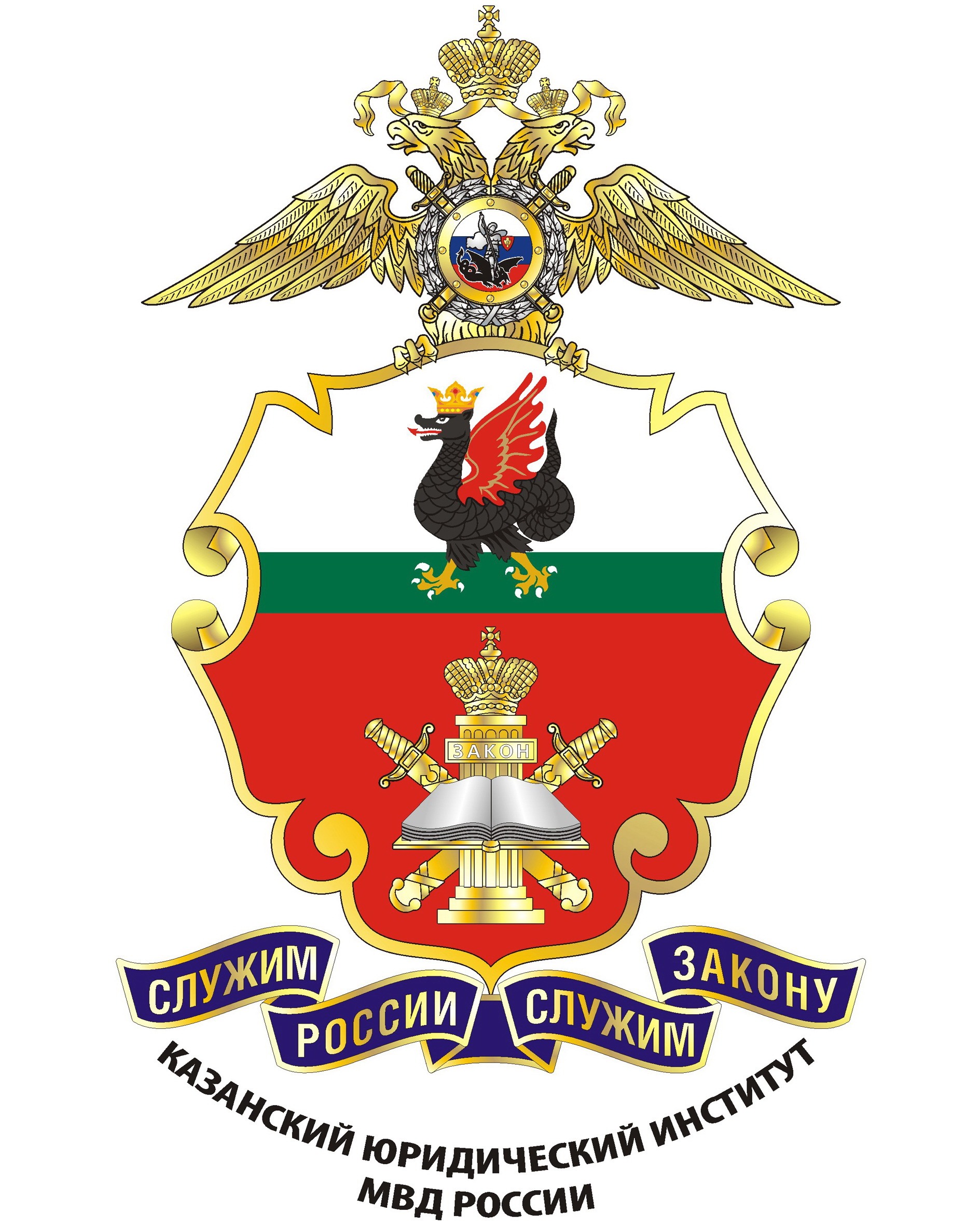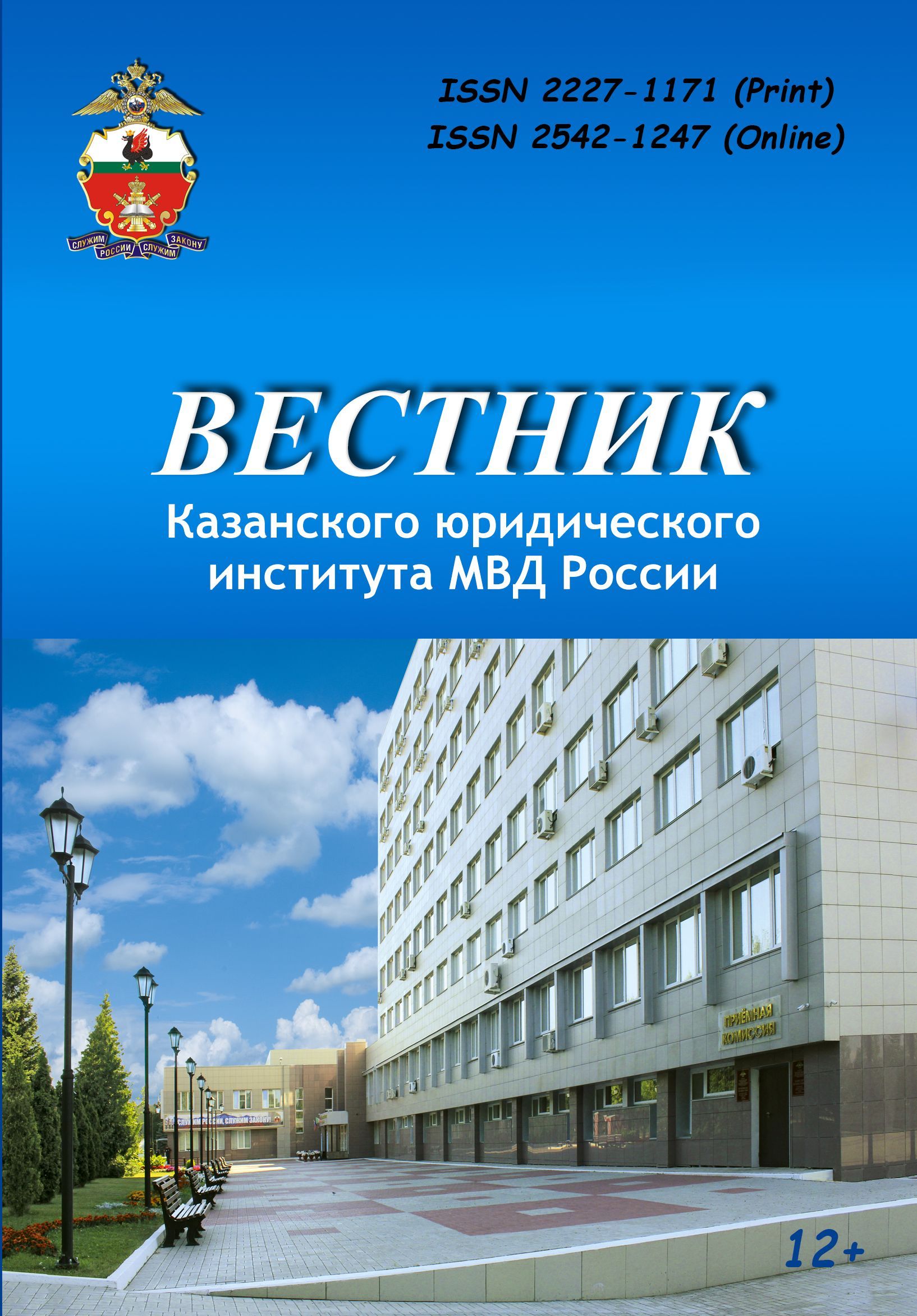Introduction: the article is focused on the analysis of certain issues of ensuring the rights of the victim of an environmental crime in applying of the procedural order of the conclusion of a pre-trial cooperation agreement, the special order of making a court decision when concluding a pre-trial cooperation agreement. The purpose of the study was to substantiate the significance of the category of crime when applying the procedure for concluding a pre-trial agreement on cooperation in criminal cases on environmental crimes, determining the boundaries of a subsidiary accusation in criminal cases on environmental crimes for which a pre-trial cooperation agreement was concluded, and referring the cooperation agreement to evidence. These issues are explored through the prism of ensuring the rights and legitimate interests of victims of environmental crimes. Materials and Methods: when working on the article the theory of differentiation of criminal proceedings was used; methods of empirical research; methods of theoretical research; general logical methods of scientific research were applied. Results: 1. It is substantiated that the application of the procedural order of the conclusion of a pre-trial cooperation agreement and the special procedure for the adoption of a judicial decision in criminal cases on environmental crimes of medium gravity and serious crimes, in criminal cases on grave and especially serious complex environmental crimes that go beyond the protective norms of Chapter 26 of the Criminal Code of the Russian Federation, most meets public interests, the purposes of this institute. 2. The boundaries of the subsidiary charge when applying the conclusion of a pre-trial agreement on cooperation in criminal matters on environmental crimes of medium gravity and serious are outlined by the right to partial compensation for the harm caused by the crime in criminal cases of environmental crimes of small gravity by requiring compensation for damage or otherwise ameliorating the environmental crime harm to the victim prior to the application of the special procedure for the adoption of a judicial decision provided for in Chapter 40.1. the Russian Federation Code of Criminal Procedure (below - CCP). Discussion and Conclusions: the author proposes to expand the boundaries of cooperation provided for by the norms of Cl. 61, Art. 5 of the Code of Criminal Procedure and Part 2 of Art. 317.1. of the Code of Criminal Procedure of the Russian Federation, regarding the enforcement of the full (environmental crimes of small gravity), partial (environmental crimes of medium gravity and serious) compensation for damage caused by the crime, as a pre-trial cooperation agreement.
poterpevshiy, ekologicheskoe prestuplenie, uproschennoe proizvodstvo, osobyy poryadok, dosudebnoe soglashenie o sotrudnichestve
1. Ugolovno-pravovaya ohrana ekologicheskogo pravoporyadka i ekologicheskoy bezopasnosti: monografiya / pod nauch. red. dokt. yurid. nauk, prof. L.G. Tat'yaninoy. M.: Yurlitinform, 2017. S. 17.
2. Arestova E.N. Osobennosti proizvodstva doznaniya v sokraschennoy forme // Dostup iz SPS «Konsul'tantPlyus» (data obrascheniya: 14.01.2018).
3. Karetnikov A.S. Nuzhen li osobyy poryadok sudebnogo rassmotreniya ugolovnyh del v otnoshenii lic, zaklyuchivshih dosudebnoe soglashenie o sotrudnichestve? // Zakonnost'. 2013. № 10, 11.
4. Kachalova O.V. Dokazyvanie pri sokraschennoy forme doznaniya // Ugolovnyy process. 2013. № 6.
5. Karlov A.L. Dokazatel'stvennoe znachenie hodataystva o zaklyuchenii dosudebnogo soglasheniya o sotrudnichestve v sluchae otkaza v ego udovletvorenii // Vestnik Kazanskogo yuridicheskogo instituta MVD Rossii. 2017. T. 7, № 3. S. 110-114.
6. Kachalova O.V. Istina i sokraschennye proizvodstva v rossiyskom ugolovnom processe // Byulleten' Mezhdunarodnoy associacii sodeystviya pravosudiyu. 2015. № 1.
7. Pechnikov G.A. Sokraschennaya forma doznaniya i ob'ektivnaya istina v ugolovnom processe // Doznanie v sokraschennoy forme: voprosy zakonodatel'noy reglamentacii i problemy pravoprimeneniya. Volgograd, 2013.
8. Neretin N.N. Spornye momenty, voznikayuschie pri rassmotrenii ugolovnogo dela v osobom poryadke prinyatiya sudebnogo resheniya // Rossiyskiy sud'ya. 2013. № 12.
9. Rybalov K.A. Usloviya primeneniya osobogo poryadka sudebnogo razbiratel'stva // Sovremennoe pravo. 2011. № 6.
10. Tisen O., Tkachev I. Sravnitel'nyy analiz pravovoy reglamentacii dosudebnogo soglasheniya o sotrudnichestve i osobogo poryadka sudebnogo razbiratel'stva v rossiyskom ugolovnom sudoproizvodstve // Ugolovnoe pravo. 2011. № 1.
11. Lukomskaya A.S. Ugolovno-pravovaya ohrana ekologicheskogo pravoporyadka i ekologicheskoy bezopasnosti: monografiya / pod nauch. red. dokt. yurid. nauk, prof. L.G. Tat'yaninoy. M.: Yurlitinform, 2017. 184 s.
12. Kachina N.V., Mironchik A.S. Nezakonnaya rubka lesnyh nasazhdeniy (st. 260 UK RF): oshibki primeneniya i puti ih preodoleniya // Advokatskaya praktika. 2014. № 4. S. 51 - 57.
13. Tisen O.N. Oshibki pri rassmotrenii grazhdanskogo iska po ugolovnomu delu v otnoshenii sub'ekta dosudebnogo soglasheniya o sotrudnichestve // Ugolovnoe pravo. 2016. № 4. S. 110 - 115.
14. Karpov O.V., Maslov I.V. Dosudebnoe soglashenie o sotrudnichestve: problemy pravovogo regulirovaniya i voprosy poryadka primeneniya // Ugolovnyy process. 2009. № 9. S. 9.















